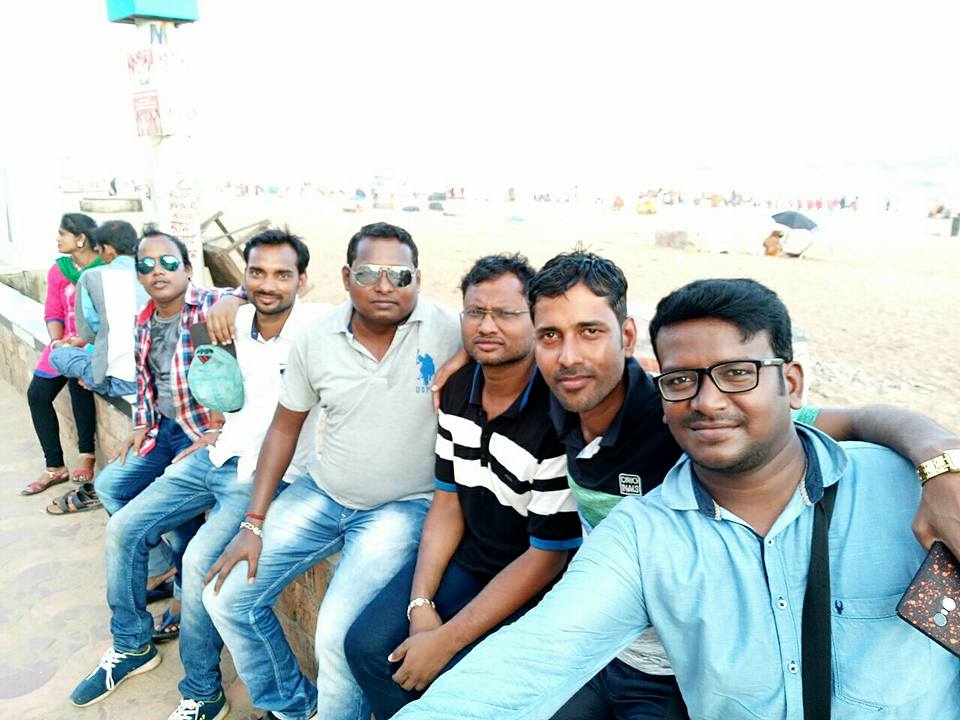Cuttack, the Millennium City, is credited with shaping several socio-cultural and political traditions over the years, thanks to the socialising habits of its denizens. The ancient city’s socialising habits have evolved around its khattis.
Khattis spread all over Cuttack have helped the participants to develop strong bond of love among themselves. The denizens’ love for socialising has given rise to associations known as khattis in local parlance. Its membership is open to all age groups.
Khatti members are persons drawn from various walks of life ranging from politics, films and television, media to pharmaceuticals and academics. A khatti is a second home of a person. If the person is not around his house, then he will certainly be available at a khatti.
The College Square at Cuttack, in particular, has over 20 khattis. OMP Square alone boasts of 10 khattis. The Badambadi Junction which is considered the gateway to Cuttack has over 30 khattis. Arunodaya Market has over 10 Khattis while the area close to Barabati Stadium, Gagadeshwar temple and Mahanadi river has 10 khattis. The embankment on River Kathjodi has over 10 Khattis while there are 20 in Buxi Bazaar.
Khattis have invariably become forums for intellectual interaction centred on a range of issues from general elections to films, legal issues and matters concerning the common man.
Girls and women have their exclusive khattis at Satyabrata Stadium or the Mahanadi Ring Road where they take brisk morning or evening walks. However, not all khattis are registered. They are, precisely, non-formal associations of people who share their socio-cultural and political concerns in the city.
There are a few khattis, on the contrary, that indulge in nefarious activities and their number is less than two per cent of the existing ones in the city.
Khatti members are not compelled to pay formal membership fees. But they pay occasionally depending on the expenses incurred towards tea and snacks at get-togethers.
A truant member is often penalised and told to stand the expenses of tea and snacks for a day.
Such khattis often function as quasi judicial outfits resolving local disputes with the intervention of a khatti office-bearer.
A khatti member wouldn’t hesitate to help a member who is faced with monetary or other problem. They espouse healthy brotherhood among the denizens for which the Millennium City is known for.
Khattis, in recent times, have formed exclusive social media groups using Facebook and Whatsapp to share issues in their group of social concern.
The decisions taken by office-bearers are respected and abided in principle by every khatti member. The khatti members also extend help to persons other than members in matters of blood or medical help. The khattis act as interest or pressure groups and influence many administrative and political decisions in the city.
When contacted, Alok Kumar Nayak, a journalist, said he attends his khatti twice a day and picks his story ideas there.
Kailash Chandra Satpathy, an admin of a khatti at Bajrakabati Road, said the khatti which he heads is governed by a set of rules and all members abide by the rules. They celebrate every festival, especially Holi and Diwali. The members would not miss an opportunity to help someone in need.
Noted Indo-Anglian poet Jayant Mohapatra said that khatti frees a person from depression and mood swings.
“Khatti is a home away from home where the members share their joys and sorrows and help each other. It’s a place of ideating and to resolve issues to the problems faced by the members,” said actor Veeren Mishra.
